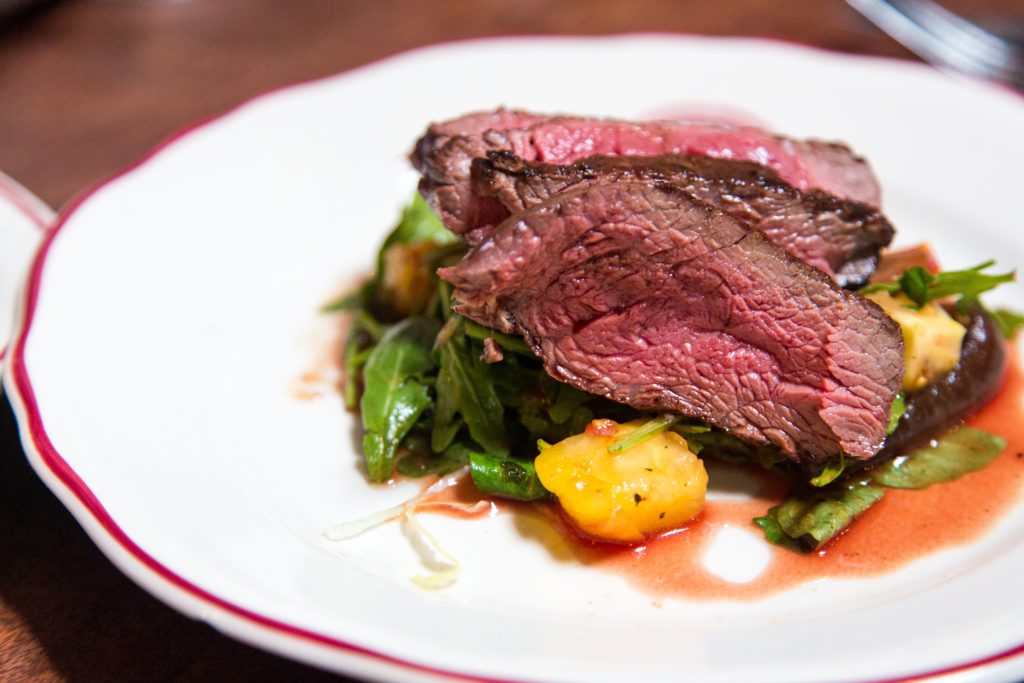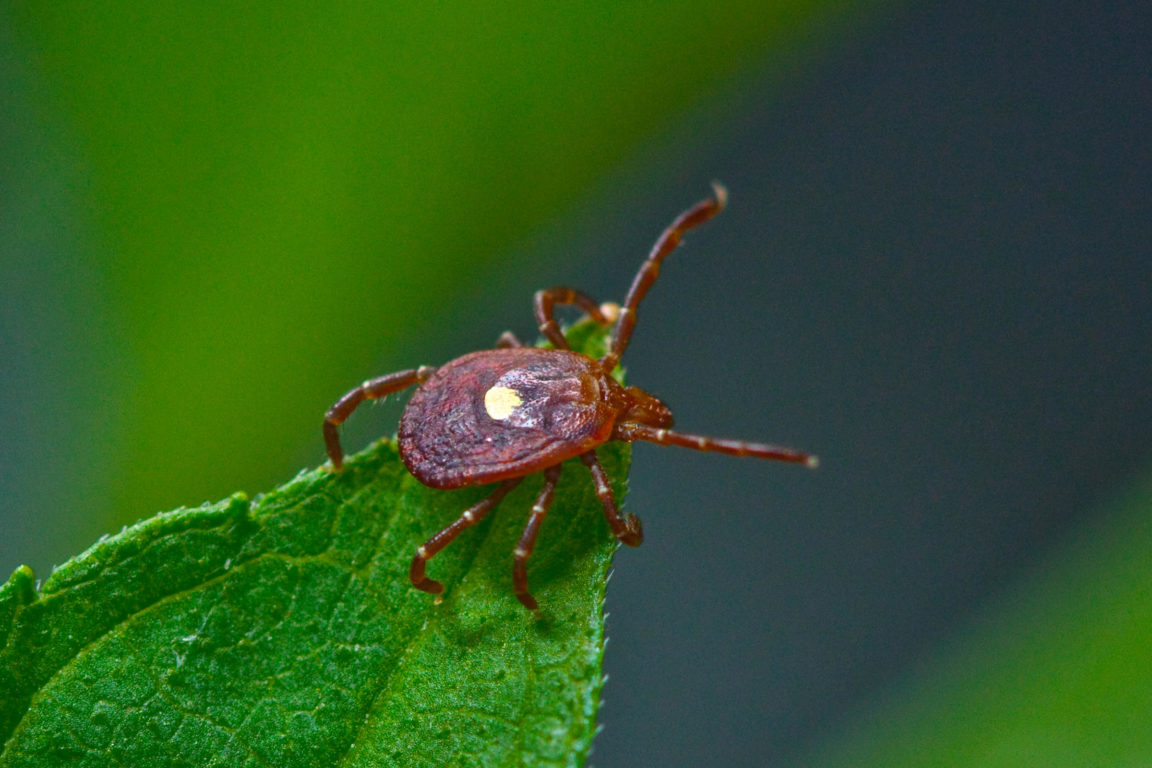Lone Star: A Bite From This Tick Causes a Lifelong Red Meat Allergy, And It’s Migrating Through The U.S.
4 Mins Read
The lone star tick has moved from Southern states, migrating to the North and Western U.S. Females are recognisable by the white spot on their back. But the ticks are better known for another reason: one bite can render a person allergic to red meat for life.
Traditionally, many of the ticks die during the winter; milder weather has meant more are surviving.The black-legged (deer) tick is infamous for its negative effect on human health, transmitting Lyme disease, but the lone star initiates alpha-gal syndrome—an allergy to red meat.

How a bite translates into alpha-gal syndrome
Lone star ticks feed on non-human mammals and ingest alpha-gal sugars. These sugars are not naturally present in humans but are transmitted through the ticks’ saliva, when they bite a human. Once in the bloodstream, the immune system flags the sugars as a foreign body and launches a counterattack, in the form of aggressive antibodies. The bite location will frequently be red, itchy, and swollen as an immediate small-scale allergic reaction to the foreign sugars.
Red meat contains alpha-gal sugars and an immune system reaction will be triggered, usually far more severe than the fight against the initial tick bite.
What a red meat allergy can look like
Spotting the signs of alpha-gal syndrome is key to preventing serious and potentially fatal reactions to eating red meat. Lesser symptoms can include a rash, hives, general skin itching, and some swelling. Respiratory difficulties can follow, as can headaches, gastrointestinal distress, diarrhoea, and vomiting. In the most serious cases, anaphylaxis can occur, which can be fatal.
Diagnosing alpha-gal syndrome is difficult because symptoms present hours after eating red meat, as it starts to be digested. The allergy lasts forever and can get steadily worse over time. The medical profession appears to know very little about the condition as well, which can lead to diagnostic delays.

Living with a red meat allergy
The simple and common-sense solution to alpha-gal syndrome is to avoid all red meat, but this is not always practical. Chefs, for example, often need to wear protective clothing when preparing dishes with pork, lamb, and beef in them, to avoid rashes. They obviously cannot taste them either. Dairy is not thought to affect sufferers and most switch tack to eat only chicken, turkey, fish, and crustaceans.
There are developments occurring in food tech to support the meat-eating ambitions of those with alpha-gal syndrome. The technology stems from organ transplants, whereby pigs are genetically altered to remove alpha-gal sugars to grow organs less prone to human rejection. The leftover meat can be eaten by those with a red meat allergy, apparently with no side effects. The ethics of such a practice are questionable, though the FDA approved the genetic modification of pigs for food and cosmetic purposes in 2020.
Is an allergy guaranteed?
No. Not every lone start tick bite will result in a red meat allergy, with many people claiming to have been bitten multiple times, with no sign of an issue. It should be noted that the gestation period for alpha-gal syndrome is not known and can vary from person to person.

Other reasons to ditch red meat
Alpha-gal syndrome is one of many reasons that consumers are seeking to lose red meat from their diets. The carbon footprint of its production acts as a major motivation for some, particularly in Norway, where data is added to grocery receipts by online supermarket Oda.
The average footprint of beef comes in at 36 kilograms of CO2 per kilogram of meat produced. This does not take into account methane. Seeing this information included on grocery receipts has, Oda claims, led to a reduction in orders.
Alongside environmental concerns, health risks have been flagged as having a connection to red meat consumption. The E.U. has been explicit in its publishing of data that shows a link between cancer rates and red meat ingestion. It is being called on by the European Parliament to recommend a switch to plant-based eating across multiple channels.
Lead photo by Entymology Today.




